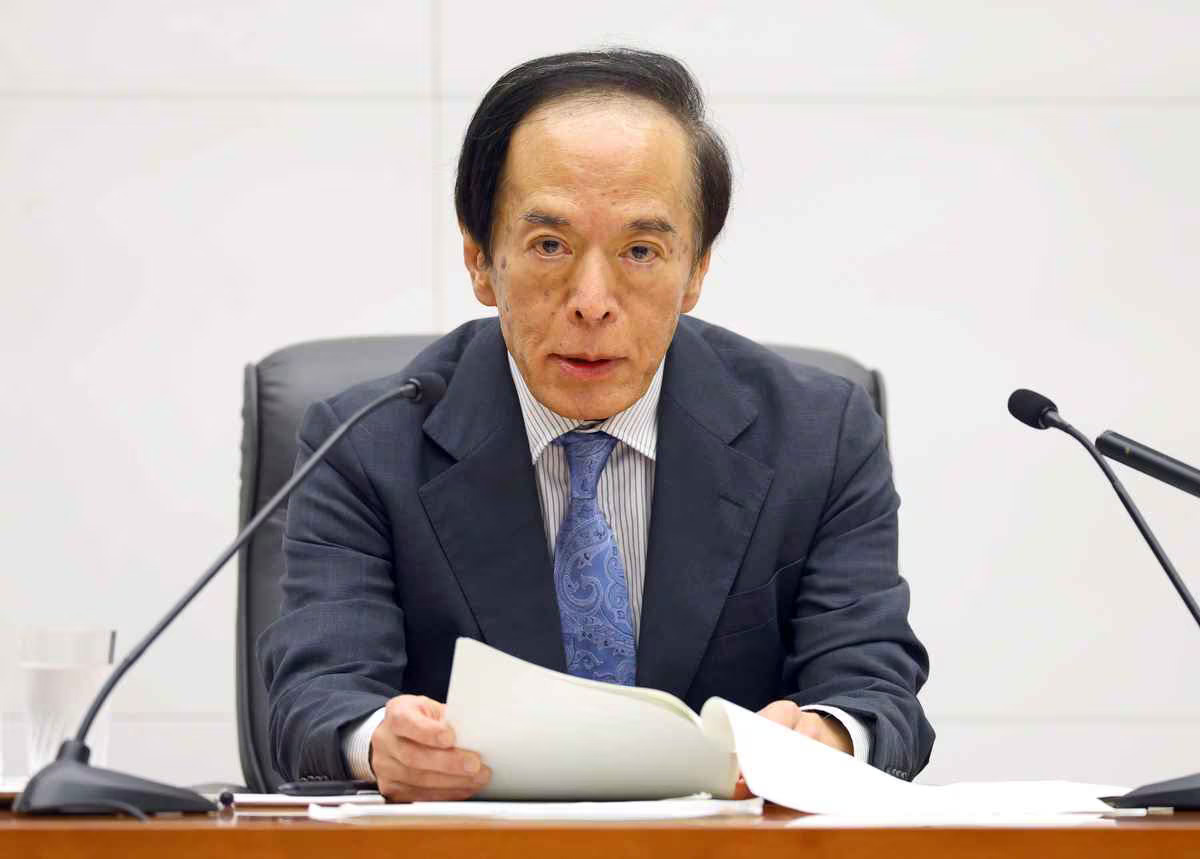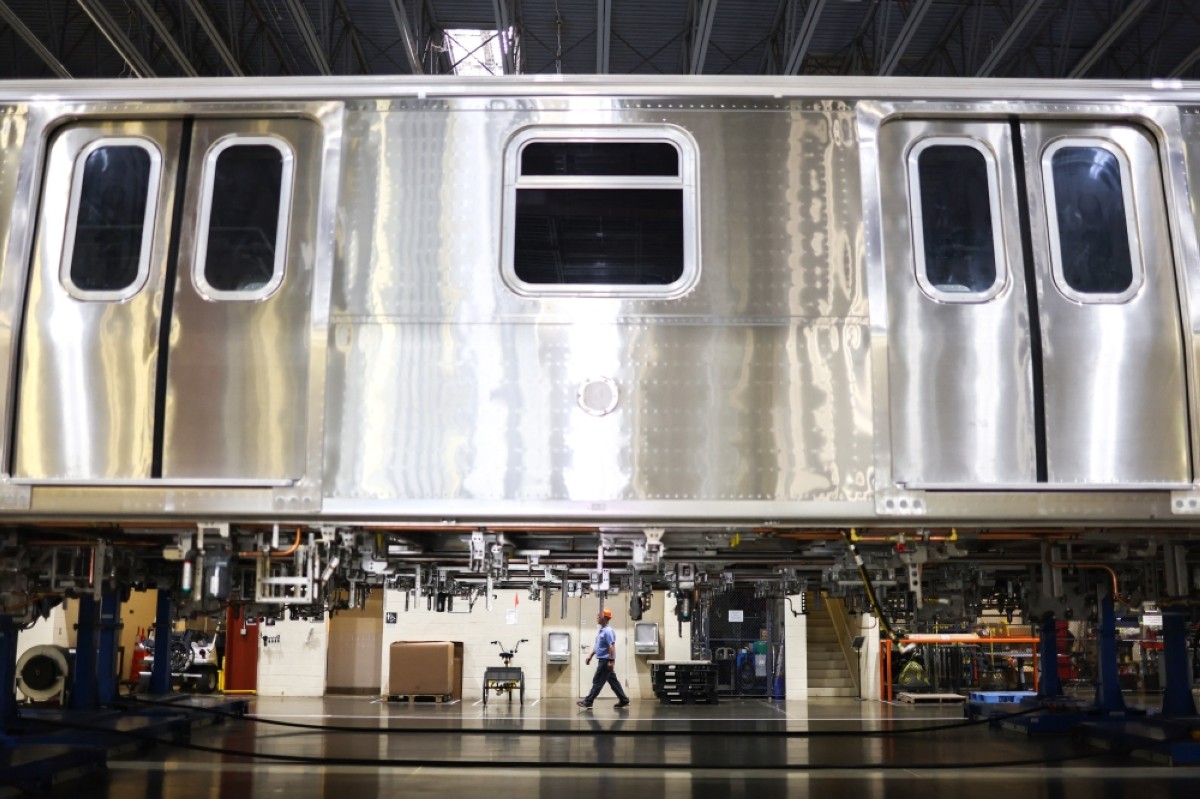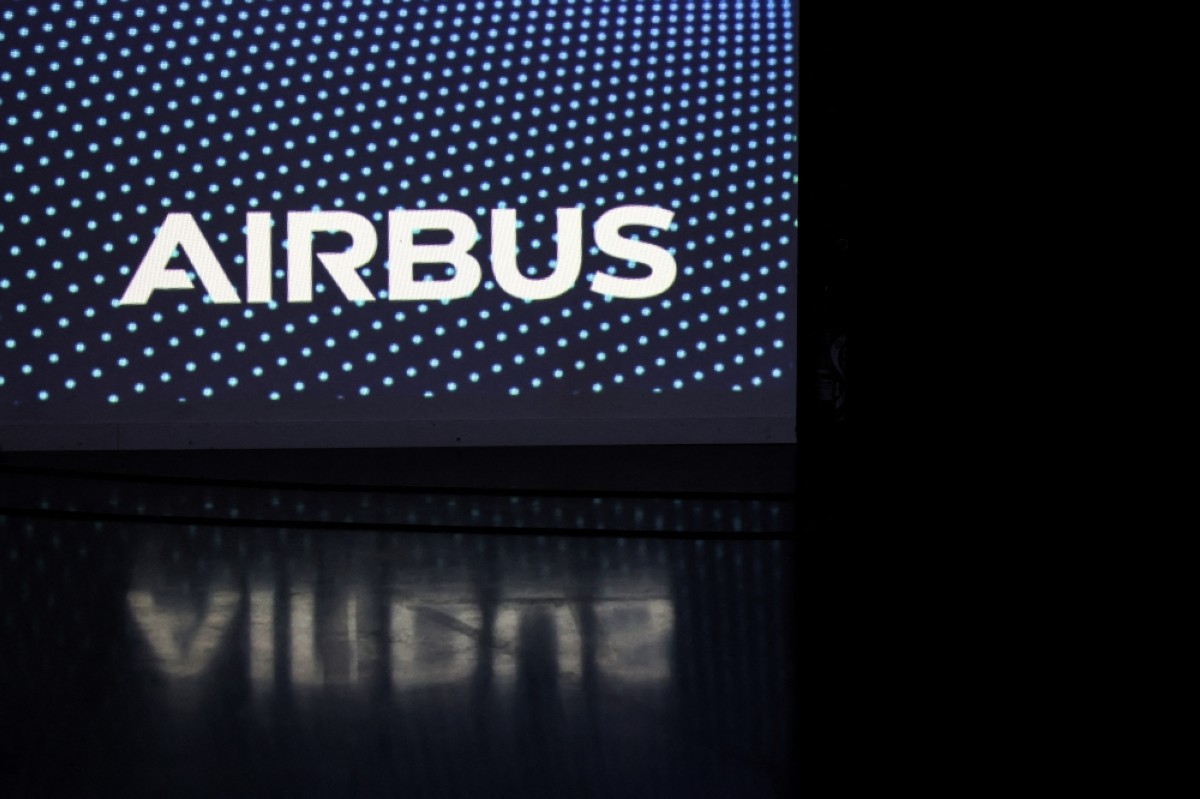Musk launches xAI to rival OpenAI, Google
WASHINGTON: Elon Musk on Wednesday launched his own artificial intelligence company, xAI, as he seeks to compete with OpenAI, the creator of ChatGPT—a program he accuses of being politically biased and irresponsible.

The xAI website said the Tesla tycoon would run the company separately from his other companies but that the technology developed would benefit those businesses, including Twitter. “The goal of xAI is to understand the true nature of the universe,” the website said. Musk on Twitter added that the new company’s aim was to “understand reality” and answer life’s biggest questions.
The startup is staffed by former researchers from OpenAI, Google DeepMind, Tesla and the University of Toronto. The team is to be advised by Dan Hendrycks, who currently leads the Center for AI Safety, a San Francisco-based organization that warns against developing AI too quickly. Hendrycks also initiated the open letter to global leaders in June that warned AI was a risk to human existence on par with pandemics and nuclear war. Musk has repeatedly warned about the dangers of AI, having called it “our biggest existential threat,” and saying that moving too fast was like “summoning the demon.”
He has claimed to have cofounded OpenAI in 2015 because he regarded the dash by Google to make advances in artificial intelligence as reckless. He left OpenAI in 2018 to focus on Tesla and later said he was also uncomfortable with the profit-driven direction the company was taking under the stewardship of CEO Sam Altman. Musk also argues that OpenAI’s large language models—on which ChatGPT depends on for content, as is the case with other AI programs—are overly politically correct. Musk in April shared details of his plans for a new AI tool called “TruthGPT” in an interview with Fox News, the conservative broadcaster. In the interview he said his new AI company would come very late after OpenAI and Google DeepMind, both of which have made great strides in recent years.
“I think I will create a third option, although it’s starting very late in the game. Can it be done? I don’t know, we’ll see,” he said. The launch of an AI company on the scale of OpenAI or Google DeepMind would come at an enormous expense, especially in regards to the necessary semiconductors, known as GPUs, which are mainly built by California company Nvidia. Meanwhile, Google launched its AI chatbot Bard in the European Union and several more nations on Thursday, entering a key market in its race against Microsoft-backed ChatGPT after a delay over data privacy concerns. The US firm unveiled Bard in February but postponed its June release in the 27-nation EU following queries by the Irish Data Protection Commission (DPC), as Ireland is home to the European headquarters of US tech giants.
In addition to the EU, Bard was rolled out in Brazil and about a dozen other countries on Thursday. Bard is “now available in most of the world, and in the most widely spoken languages,” Bard’s product lead Jack Krawczyk and vice president Amarnag Subramanya wrote in a blog. “As part of our bold and responsible approach to AI, we’ve proactively engaged with experts, policymakers and privacy regulators on this expansion,” they said. The company said it would incorporate user feedback and take steps to protect people’s privacy and data as it broadens access to Bard. Graham Doyle, the spokesman and deputy commission of the Irish data privacy watchdog, said Google had planned to make Bard available in the EU in June but paused it following the DPC’s queries.
Ahead of Thursday’s launch, Google made a “number of changes” including “increased transparency and changes to controls for users,” Doyle said in a statement. “We will be continuing our engagement with Google in relation to Bard post-launch,” he said. “Google have agreed to carrying out a review and providing a report to the DPC after three months of Bard becoming operational in the EU.” He noted that the European Data Protection Board set up a task force earlier this year to look at issues related to AI. Italy blocked ChatGPT for a month in March over privacy concerns. Excitement and concerns Google is seeking to catch up to rival Microsoft, which has rushed to integrate ChatGPT-like powers in a wide array of its products, including the Bing search engine.
With Thursday’s rollout, Bard can now be used in over 40 languages including Arabic, Chinese, German, Hindi and Spanish. It was previously available in three languages—English, Japanese and Korean. Google also announced new features, including receiving audio responses from Bard or answers in five different styles: simple, long, short, professional or casual. Another new feature allows users to upload photos that Bard can analyze for information. The rise of AI has raised both excitement and concerns about its potential to improve or replace tasks done by humans. AI tools have shown in recent months the ability to generate essays, create realistic images, mimic voices of famous singers and even pass medical exams, among a slew of uses.
But there are also worries about the possibility that chatbots could flood the web with disinformation, that biased algorithms will churn out racist material, or that AI-powered automation could lay waste to entire industries. ‘Extinction’ fears Experts—even the founder of ChatGPT-maker OpenAI, Sam Altman—have warned about the potential existential risks that the technology poses to humanity. Altman and dozens of other specialists signed a statement in May urging global leaders to reduce “the risk of extinction” from AI.
But the warnings have not stopped the rapid development of AI. Tesla and Twitter owner Elon Musk, who has issued his own warnings about the risks, launched an AI company named xAI on Wednesday. The xAI website said Musk would run the company separately from his other companies but that the technology developed would benefit those businesses, including Twitter. Last month, the European Parliament backed a draft law that will be the basis for the world’s first comprehensive rules for AI. — AFP.












